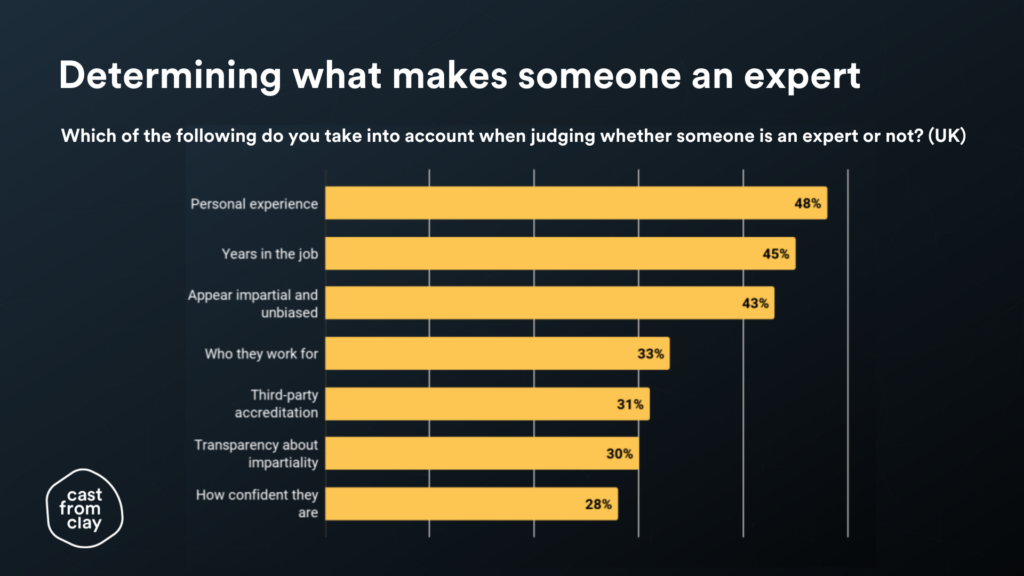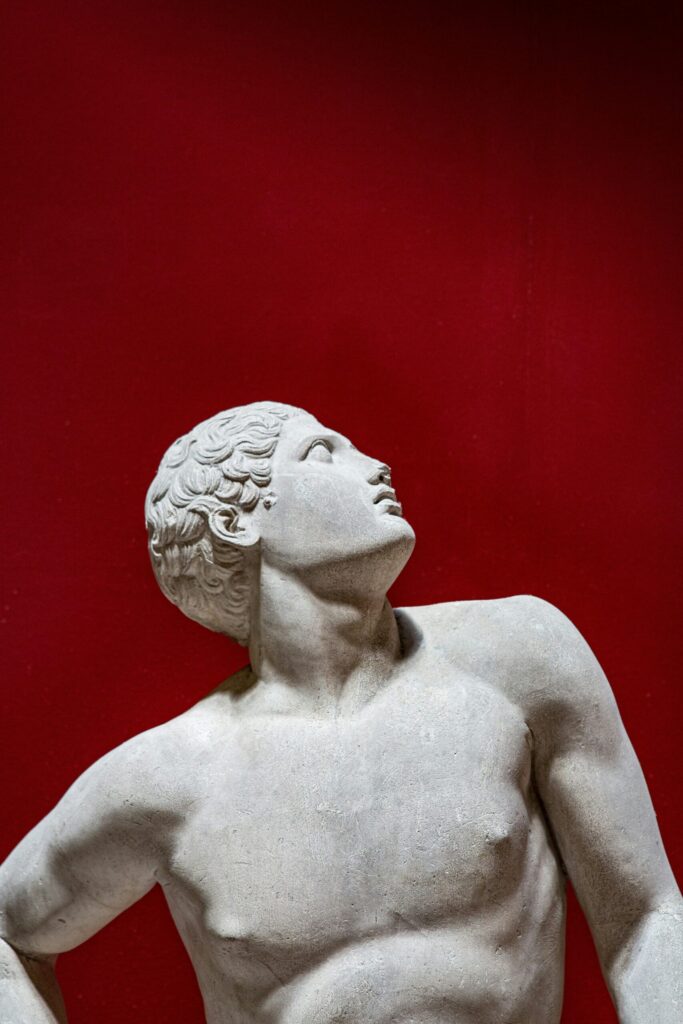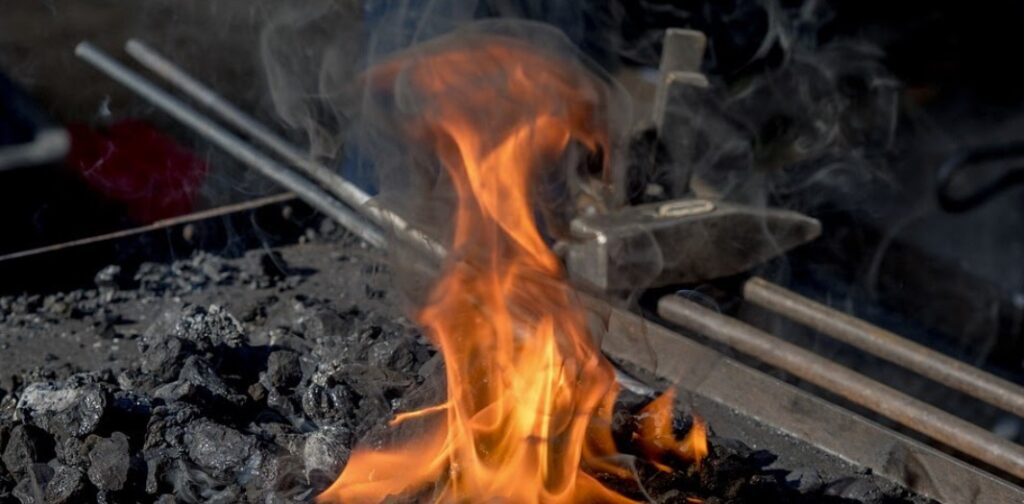The term ‘expert’ is a somewhat empty category.
Commonly used to lend credibility to any headline (‘Experts warn …’), it is a label that is simultaneously laden with meaning and void of it.
In this sense, experts are a bit like Batman. ‘They’ often seem like more of an idea than a person or group, embodying ‘whatever the city needs them to be’.
Like Batman, experts are a mercurial symbol in part because of their anonymity and relative remove from society.
Experts may be bringing justice to citizens through evidence-based policy. Or maybe behind the mask of heroism, we find a minority acting on behalf of a majority and funded by unspecified sources of wealth. It’s not always easy to know for sure.
Policy experts don’t exist outside of society
Whether you choose to dress as a giant bat or claim perfect independence and impartiality, it’s not actually possible to exist outside of society – especially not while acting on its behalf.
Indeed, the trouble some have with the label of expert is that it can invoke a reverence to externalised, objective knowledge: the truth is out there. Experts lift off like astronauts and explore among the stars. Then they return to earth with space rocks to tell earth-bound beings what they’ve seen.
But a frustration with this – often exploited by populist narratives – is a sense that: I, a regular person, know about this topic. We’re not talking about space: we’re talking about Earth, and I live here too thanks.
In policy and research communications, therefore, it is easy to slide into simplistic thinking. That experts know the truth and they just need to get better at relaying it to an ignorant public. When much of the time – especially in social sciences and public policy – what we hold to be true is created, debated, renegotiated.
“Exhortations to “trust the experts” reflect an extremely crude idea of experts’ role: to provide unchallengeable answers on tablets of stone, rather than to help us collectively navigate the messy and unpredictable world we find ourselves in.”
Christine Berry, OpenDemocracy
Citizens value experts’ role in supporting informed debate
The tussle that played out around experts during the pandemic is partly a question of ‘who knows best?’.
And our recent research Democracy 2.0: Experts in the Age of Instinct seems to suggest a desire from citizens across the political spectrum to expand our sources of insight.
55% of Brits and 54% of Americans believe experts support democracy through bringing information to informed debate. But what do they mean by ‘expert’?
When we asked Brits and Americans ‘how do you judge when someone is an expert or not?’, years in the job (45% of Brits, and 45% of Americans) and impartiality (43% of Brits and 42% of Americans) ranked highly. But so did ‘Whether or not the person speaking has had personal experience of the topic they’re discussing’.
Personal experience was the highest ranking quality for Brits judging whether or not someone is an expert (48%) and second highest for Americans (44%).

For me, this data does raise more questions than it answers.
What qualifies as ‘personal experience of the topic’? An expert in housing policy who lives in some form of abode (broad)? Or someone speaking on housing policy who has themselves experienced homelessness (specific)?
And should these dual elements of both professional and personal experience be sited within one person? Would that mean we can’t accept an expert in public education who was themselves privately educated, for example?
Or, is the best approach to provide a multitude of experience through various sources? Some are experts by education and profession. Others are experts by experience. And we need multiple voices in the debate.
The simplest conclusion we can draw is: we need all of it – impartiality, professional experience and personal experience.
Perhaps at the very least we can conclude that citizens want to know that the expert advice that helps shape their lives is developed by other human beings.
Let’s bring experts into the open
Clearly, the role of experts in society is unstable and contested. Arguably, it should be.
But there is a line to be walked between healthy scepticism and avoidable rejection.
‘[Experts] need to put a lot of attention into earning the trust of society, something that’s been lost… This involves taking seriously the need to have a much better discourse with the rest of the population.’
Professor Sheila Dow, Emeritus Professor in Economics at Stirling University, speaking at INET
Policy experts like think tanks, academics, research institutes and NGOs produce evidence to inform policy. But to do so effectively also requires them to earn and keep trust, work in the open, and validate other viable sources of insight.
This way, experts can support healthy debate and, in turn, healthy democracies.
Image credit: Peggy Anke on Unsplash with alterations.





